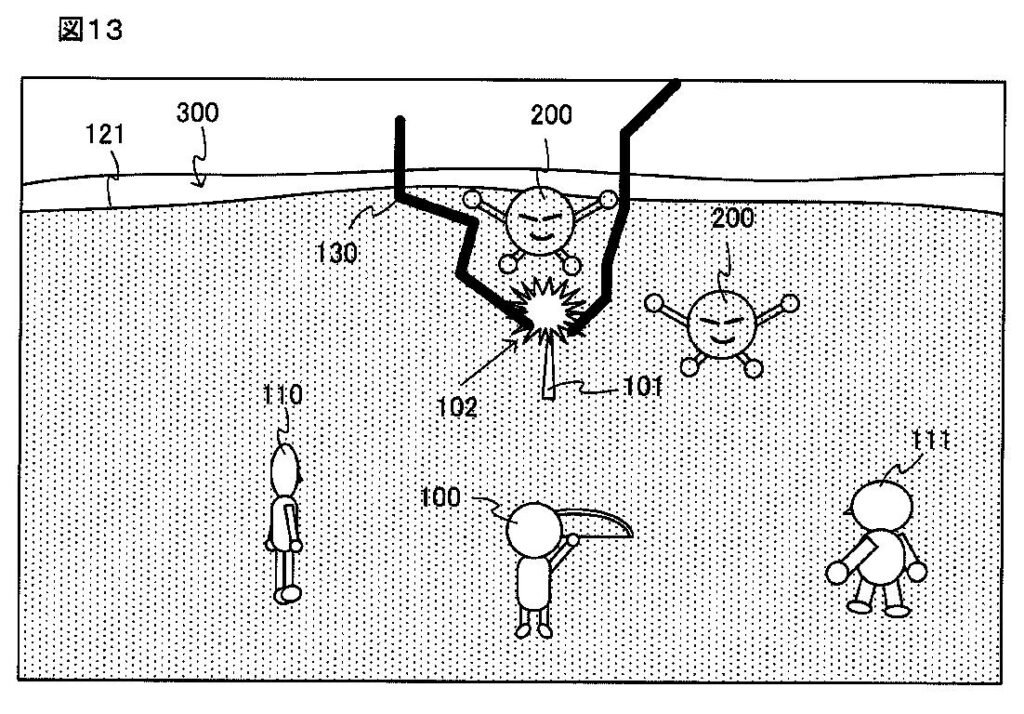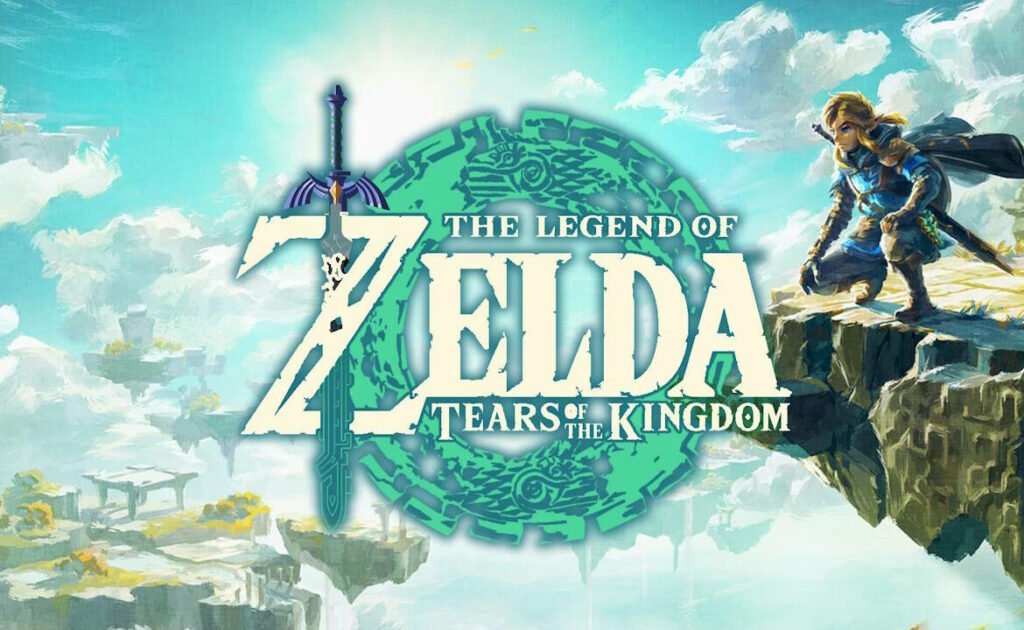The Legend of Zelda: Tears of the Kingdom is one of the most critically acclaimed and commercially successful games of 2023, featuring an open-world adventure with a variety of gameplay mechanics and systems. Among them, Link’s abilities such as Ultrahand, Fuse, and Recall are some of the unique and innovative features that set the game apart from other titles in the genre. However, Nintendo has recently filed and obtained patents for these abilities, as well as other elements of the game, such as the loading screen, the map transition, and the physics calculation. What does this mean for the future of game development and innovation?
A slippery Slope
A patent is a legal right granted by a government to an inventor or a company for a limited period of time, usually 20 years, that prevents others from making, using, selling, or importing the patented invention without permission. Patents are intended to encourage innovation by rewarding inventors with exclusive rights to their creations and allowing them to recoup their investments. However, patents can also have negative effects on innovation, especially in the field of video games, where creativity and originality are essential.

As video games are inherently iterative where mechanics from one game are taken and incorporated into the gameplay of another game, one of the main criticisms of video game patents is that they can stifle innovation by creating barriers to entry and limiting the diversity of game design. For example, if Nintendo’s patents on Zelda: Tears of the Kingdom abilities are enforced, other developers may not be able to use similar mechanics in their games without risking legal action or paying licensing fees. This could reduce the variety of gameplay experiences available to players and discourage experimentation and exploration of new ideas. Moreover, some video game patents may be too broad or vague, covering basic or obvious concepts that are not novel, useful, or non-obvious, which are the criteria for patentability. For instance, Nintendo has patented the loading screen that shows a map transition when Link fast travels from one location to another.
Road to Monopolization
Another issue with video game patents is that they can create monopolies in the market, where a few dominant companies control most of the intellectual property and resources in the industry. This can reduce competition and consumer choice, as well as increase prices and lower quality. For example, EA has patented the Ping system in Apex Legends, which allows players to communicate with their teammates without using voice chat. While EA has made this patent freely available to other developers as part of its Accessibility Patent Pledge, it could have also used it to prevent or restrict other games from implementing similar systems. This could give EA an unfair advantage over its rivals and limit the accessibility options for players with cognitive, speaking, or hearing disabilities. We can also look at the case of the Nemesis system from the Shadow of Mordor series and patented by Warner Bros an admittedly very innovative system unable to be used in new and exciting ways.
In conclusion, video game patents are a double-edged sword that can either promote or hinder innovation in the industry. While patents can protect inventors’ rights and reward their efforts, they can also create legal obstacles and market distortions that affect other developers and consumers. Therefore, it is important to strike a balance between granting patents for truly innovative and beneficial inventions and preventing patents for trivial or obvious ones. Ultimately, video game patents should serve the interests of both creators and players alike.
If you enjoyed this post, be sure to check out more content on Poggers Memes. Check out our article about Armored Core and how it could become like Titanfall in the future.
